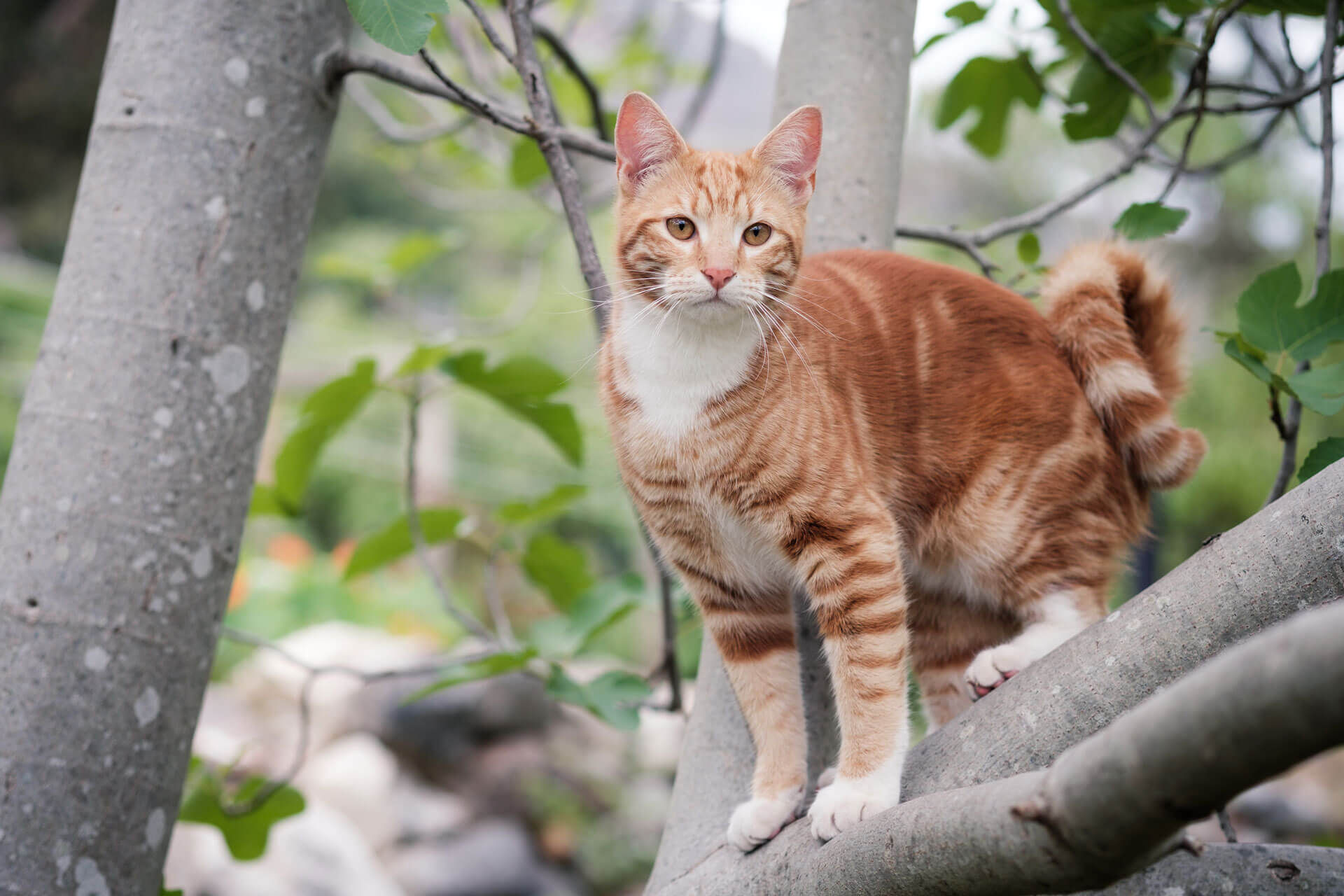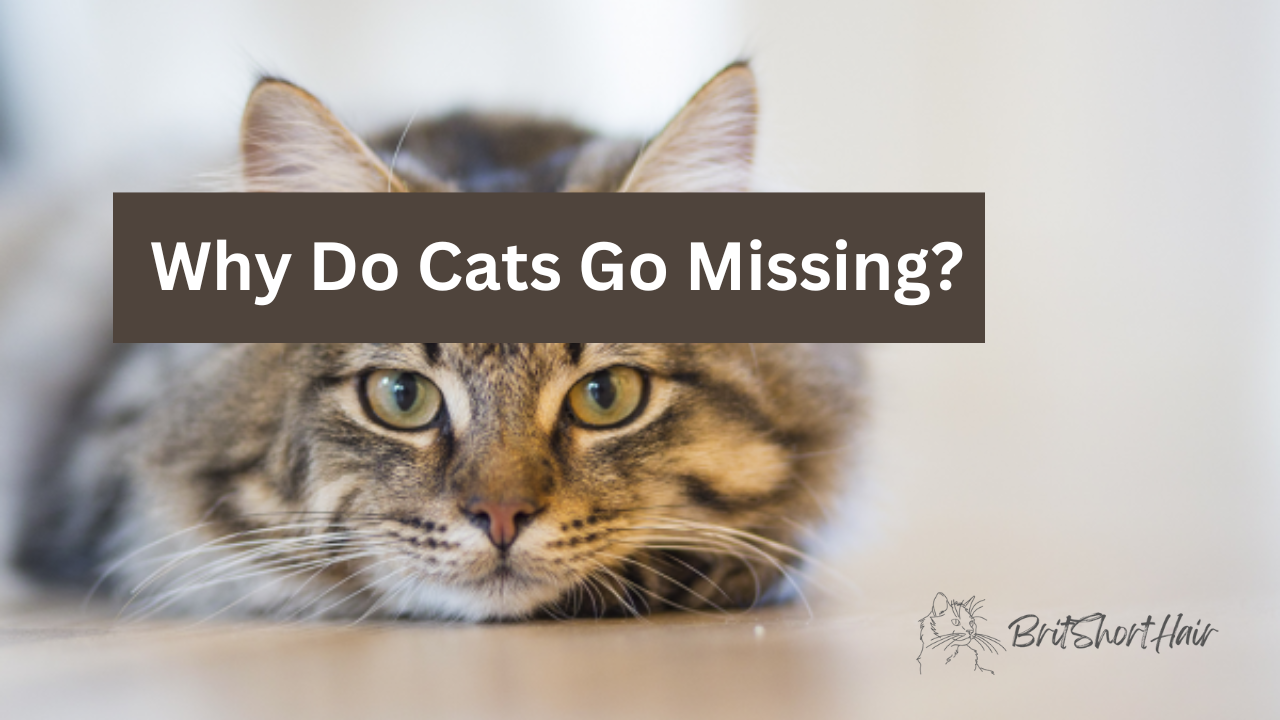Introduction of Why Do Cats Go Missing
What do you do if you wake up and your cat isn’t in his or her customary location on the bed? Many people who own cats may attest to the painful nature of this emotion. Cats are naturally inquisitive animals who enjoy exploring new places, yet, their exploratory tendencies sometimes get the better of them and cause them to become lost. In this article, we will look for the reasons why cats go missing
Why do cats go missing?
1. Human Interference
A cat may disappear if its natural habitat is disturbed by humans. There’s always the chance that a guest will forget to close a door or window, allowing your kitty to go outside. They may easily get lost and end up far from home if they lose their bearings. Getting picked up by animal control: if a neighbor thinks your cat is missing or abandoned, they may contact the authorities to have them removed. Despite your best efforts, your cat may become terrified and flee from the animal control agents.
Cat theft is a problem because some people sell stolen cats to research facilities or use them as bait in dog fights. Imagine seeing a local cat while running errands or walking. Help find the cat. Compassionately adopt the cat. Then what? Unidentified cat owners are hard to find. Cat origins? How far? For how long? These inquiries may arise while returning the cat to its owner. The cat? It may want its human family’s love. It may be terrified or lonely, wondering when it will see the people and places it loves.
2. Exploring
They have an innate need to discover their environment. While cats enjoy and benefit from exploration, it can sometimes result in their becoming lost. Cats can get lost or bewildered if they stray too far from home while out exploring, and they may never find their way back. Cats, being curious by nature, may seek shelter in unusual locations like under a deck or a shed. Finding someone is more challenging if you can’t see or hear them.
In the midst of their intrepid wanderings, they may find themselves up high, perched atop a tree or fence, taking in their surroundings with their piercing gaze. However, the allure of the hunt can easily distract them, and if they become ensnared or disoriented, the path home may become obscured. As they stalk and pounce after their prey, be it a scurrying mouse or a fluttering bird, they may venture further from home and into unfamiliar territory, increasing their likelihood of becoming lost.
3. Hunting
Cats may get lost when hunting. Lacerations or fractures from hunting might also hinder a cat’s navigation home. Cats may also be unable to escape if caught in a building or fence.
Foxes, coyotes, and hawks may attack cats while they hunt. To keep your cat safe, watch them when they’re outside, even though they’re hunters.
4. Territorial Issues
Cats might disappear because of territorial issues. Cats are territorial animals and may defend their area by attacking other cats that invade it. they may get hurt during these conflicts and have a hard time making it back home. Cats can become lost or bewildered if other animals, like dogs or coyotes, invade their territory and chase them away.
Cats might have difficulty escaping from a building or a gated area if they get stuck protecting their territory. Disputes over territory can make them anxious and afraid, making them leave their homes and eventually become lost.
5. Accidents
Cats can disappear for other reasons. Wandering too far from home or being enticed by scents or prey are some explanations. An adventurous cat may get lost in a new neighborhood. Unspayed or neutered may stray to find a mate. Even indoor they can go missing. They may sneak out or get confined in a closet or cellar. Stressed cats may hide for days.
Finding a lost cat is difficult and traumatic. Some meow loudly or come when called, while others are silent or hide. In such circumstances, use posters, social media, and pet-finding services to find your cat. Identification bands and microchipping can help missing cats find their owners.
6. Illness
Illnesses are just one reason they disappear. These enigmatic creatures are known for hiding when sick. They retreat to a quiet place to heal. However, self-imposed exile can make returning home tougher. They’re lost. Sickness or injury can limit a cat’s mobility. This restriction can hinder homeward and adventurous travel. Sick cats may lose their appetite, making it harder to recover and return home.

Conclusion
If your cat has gone missing, do not give up hope. You can increase the likelihood of being reunited with your favourite pet by acting appropriately. There are various ways to spread the news and bring your cat back home, including posting posters and contacting local shelters. Thus, keep your eyes and ears prepared and never give up looking for your furry companion.
hey we have a lot of information on cats you can check out by clicking Bristhorthair.com
wants to follow us on social media
How long do cats usually go without being seen?
Whether or not the cat has access to food and water, its personality, and the environment it has wandered can affect how long it remains absent.
What can I do to keep my cat from disappearing?
Your cat is less likely to wander off if you keep it inside or closely monitor its outdoor activities. Have your cat microchipped and ensure it always wears a collar with identification tags in case it gets lost.

